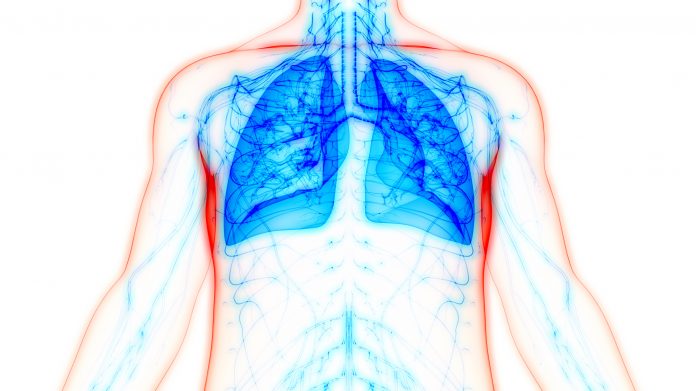
Research from Tongji University in Shanghai shows promising results from a Phase I human study of a cell therapy to treat chronic obstructive pulmonary disease (COPD).
A group of 17 patients had notable improvements in breathing, walking distance, and quality of life after receiving the therapy, which is created using their own lung cells.
Wei Zuo, a professor at the School of Medicine at Tongji University and chief scientist at Regend Therapeutics Ltd in China, presented the study at the European Respiratory Society International Congress in Milan.
COPD refers to several conditions that cause breathing problems because of damage to the lungs including emphysema and chronic bronchitis. It affects 12.5 million Americans, with several causes including smoking cigarettes and exposure to air pollution and construction-related dust.
Although COPD is preventable through lifestyle changes, once diagnosed, current treatments only target symptoms and cannot repair the damage to the lungs seen in these individuals.
Work carried out over the last few years has shown that P63+ progenitor cells from the lungs are able to regenerate the lung epithelium in animal models.
“Stem cell and progenitor cell-based regenerative medicine may be the biggest, if not the only, hope to cure COPD,” Zuo told the congress.
“P63+ progenitor cells are known for their ability to regenerate the tissues of the airways, and previously we and other scientists have shown in animal experiments that they can repair the damaged epithelial tissue in the alveoli—the tiny air sacs in the lungs that play a crucial role in the exchange of gases between air breathed in and the blood supply to the lungs.”
This “first-in-human” trial tested the efficacy of autologous P63+ lung progenitor cell transplantation in 20 patients, 17 of whom received the treatment and three of whom were in the control group.
The cell therapy was given to the patients via bronchoscopy, and they were then followed up regularly to assess the safety and efficacy of the treatment for a period of 24 weeks.
Tolerability of the treatment was good with no significant side effects. At 24 weeks, diffusing capacity of the lungs increased from an average of 30 percent at the start of the study to 40 percent at 24 weeks.
The patients in the study, most of whom had severe COPD, were also able to walk further after the treatment. The median distance covered in the six-minute walk distance test (6MWD) increased from 410 meters at baseline to 447 meters at 24 weeks. Quality of life tests also showed significant improvements in patients who received the therapy.
“We found that P63+ progenitor cell transplantation, not only improved the lung function of patients with COPD, but also relieved their symptoms, such as shortness of breath, loss of exercise ability and persistent coughing. This means that the patients could live a better life, and usually with longer life expectancy,” said Zuo.
This trial is just the first stage of the process, and the investigators are now planning a Phase II study to test the therapy further and in more patients. A similar approach is also being tested in patients with related lung conditions such as idiopathic pulmonary fibrosis.













